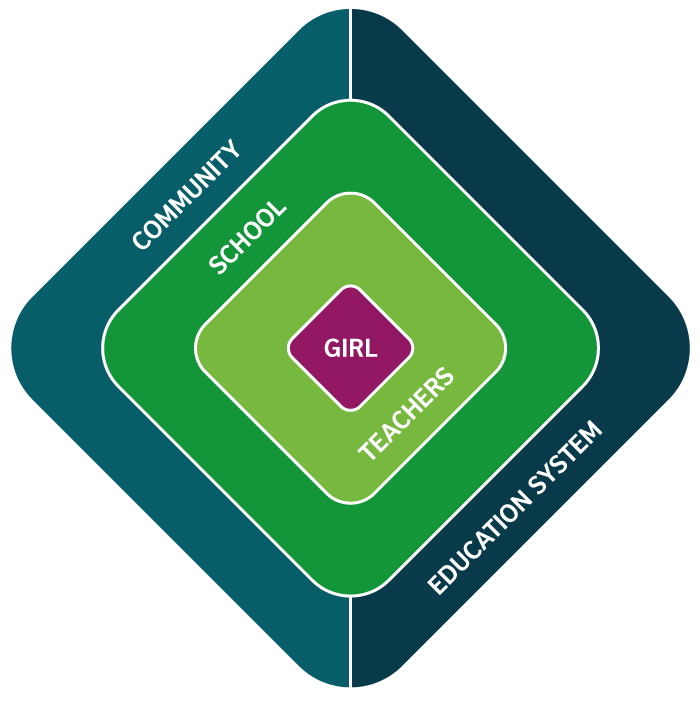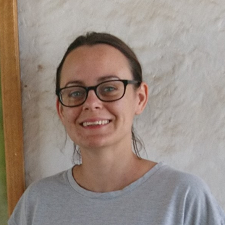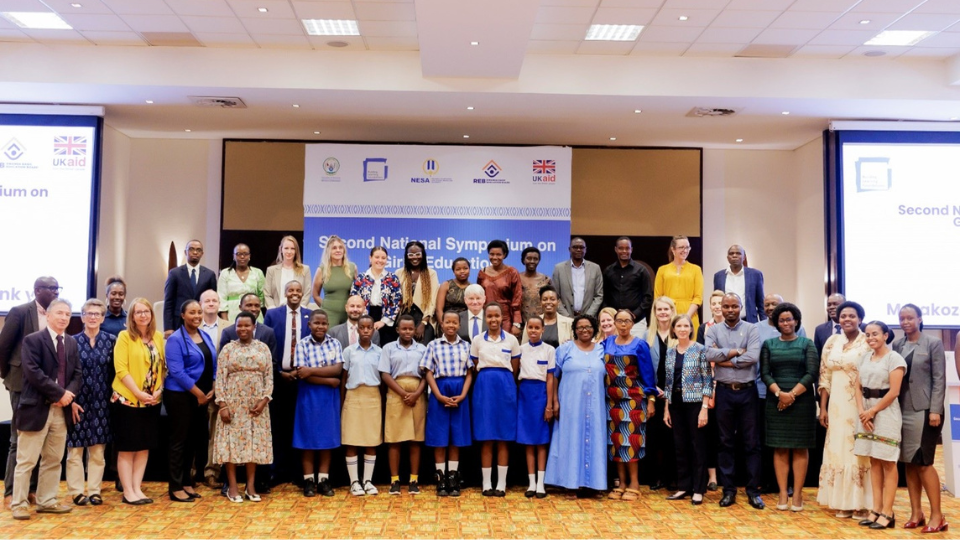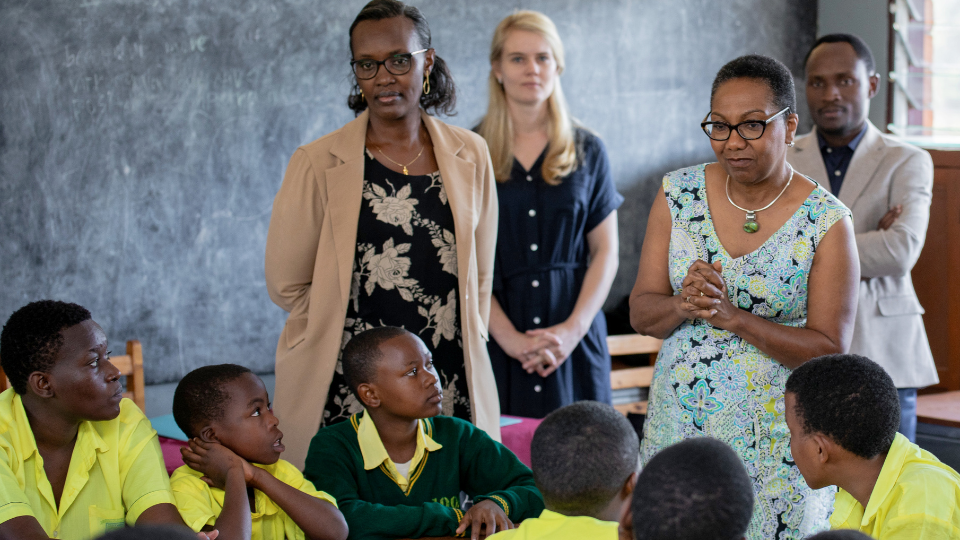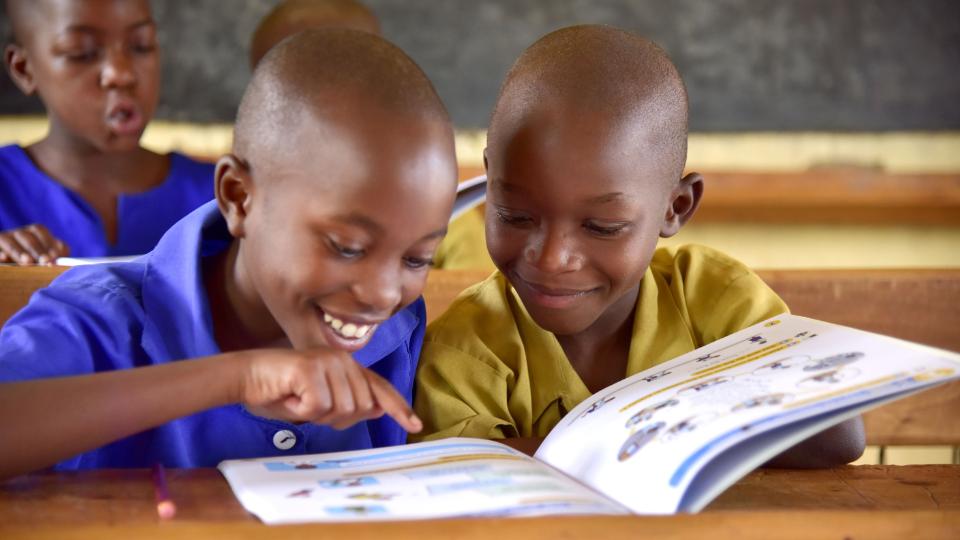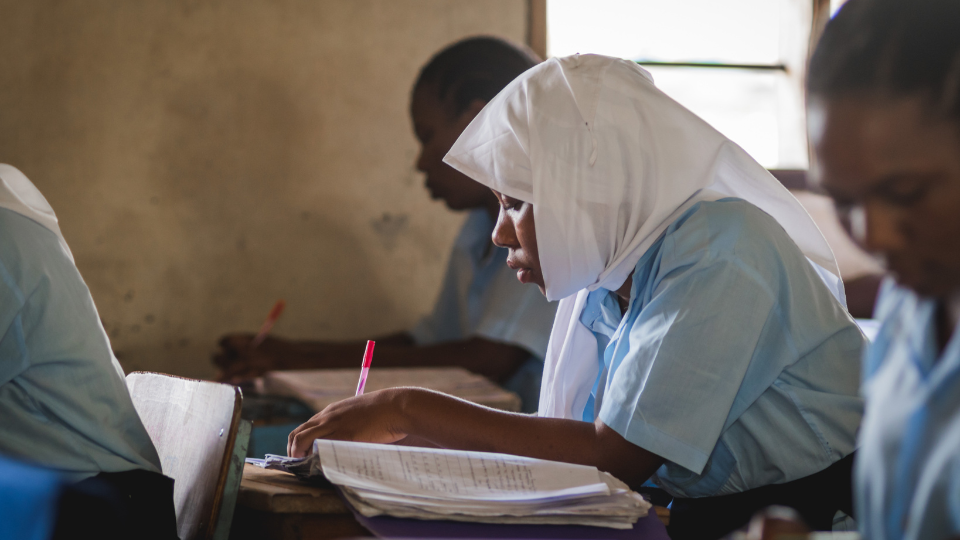The British Council commissioned Education Development Trust to carry out research to explore teachers’ and school leaders’ views on activity in relation to girls’ education and gender equity in two states in Nigeria. Working with a team of young Nigerian researchers and using the British Council’s teachers database, w built on the wider evidence base, what we know from our own research on what works in girls’ learning, and lessons from our experience of implementing at-scale education system strengthening programmes around the world. In doing we, we developed a framework, designed the tools, oversaw data collection and analysed the findings to generate meaningful insights for gender-responsive teaching and learning.
Much of the existing research around girls’ education focuses on girls’ access to education. This research instead focuses on the quality of girls’ education and gender equity in schools by unpacking the specific roles that teachers play. We examined the opinions of 1,214 teachers and 455 school leaders in Lagos state and Kano state in Nigeria – a country estimated to have some 10.5 million children out of school – more than any other country in the world. The majority of these children are girls, and proportionately more are out of school in the north of the country. Girls in northern states, including Kano state, face complex and multi-dimensional constraints to accessing education, including a high prevalence of early marriage, high rates of early childbearing, and cultural and gender norms which prevent many from accessing and completing secondary education. On average, a girl in northern Nigeria has a 35.6% chance of getting married by age 15 and a 45% chance of pregnancy by age 18.
Our research used remote data collection to explore teacher and principal attitudes and practices around girls’ education in Lagos and Kano states in Nigeria. The British Council appointed two local Research Assistants whose contributions to framing elements of the survey and understanding of cultural sensitivities and language requirements formed an important part of the process of engaging with the teachers. Data was collected through an online or phone survey which reached a total of 282 teachers and 94 principals. Responses to the survey were used to identify 10 ‘Bright Spot’ schools which showed evidence of good practice or a good understanding of girls’ education. For each ‘Bright Spot’ school, further phone interviews were conducted with both a teacher and the school principal. The study focused on identifying positive practice and teachers’ strengths.
Overall, in their responses to the survey and in interviews, teachers and principals shared a wide variety of ways in which they perceive themselves to be working to further and improve girls’ education and provide a more equitable learning experience inside schools. Teachers generally described themselves as having a positive attitude to their potential as change agents. They demonstrated an understanding of the role of teachers in generating discussion, building relationships and (to a degree) shaping the gendered attitudes and behaviours of students.
In the classroom, teachers revealed that they understood the value of inclusive and child-centred teaching approaches to improve learning of all students and felt that many of these practices were particularly beneficial to girls. Specific practices that emerged included:
- Gendered groups and seating arrangements: teachers told us that they were keen to encourage boys and girls to work together as peers and on an equal footing
- Play: teachers felt that pedagogy which included play, games or drama was particularly effective for girls, as girls became more engaged
- Developing supportive relationships: teachers spoke about providing mentoring, counselling, referring girls to relevant services, and making sure they discussed positive aspirational role models
- Engaging boys on gender equality: teachers were keen to engage boys on this issue as well as making sure that boys did not feel that they missed out when opportunities were given to girls; and
- Leadership roles in the classroom: teachers felt that giving girls the opportunity to ask questions and lead groups increased their confidence; leading to them being more attentive and engaged in learning.
None of the teachers interviewed in bright spots interviews reported that they had received specific training in gender or girls’ education – yet they could see and understand the value of inclusive education techniques for girls and that treating girls equally was important.
At the school level, principals also demonstrated largely positive attitudes towards their role in supporting girls’ education and gender equity in their schools. Principals understood girls’ education as part of broader strategies for inclusion. In each bright spot, there seemed to be a slightly different emphasis or way of thinking about girls’ education – some schools were more focused on tackling violence, some on the inclusion of girls in school roles, some on building aspirations.
There was a limited awareness of programmes or policy in support of girls’ education in any of the schools. In Kano, there was more evidence of previous programming – particularly a girls’ club programme which had been part of the FCDO Girls’ Education Challenge portfolio. However, despite some awareness of cash transfers, if there was a larger conversation happening about girls’ education in either state, respondents were largely unaware of it.
The focus on bright spots can contribute to the growing evidence base on what works and gives the British Council an opportunity to investigate further ways in which effective practice can be shared – and we are delighted to have been part of this project.
The bright spots indicated how much can be achieved by teachers with the support of their principals in the absence of targeted programming, but also that they often felt somewhat isolated and unsupported in this work. Their good practices could be supported and scaled through:
- Developing networks of teachers and schools to share good practice in girls’ education
- State-level support to the development of school frameworks and policies around improving girls’ education
- Creation of space for policy dialogue around issues in girls’ education that includes teachers as key stakeholders.
The full report can be accessed here.
